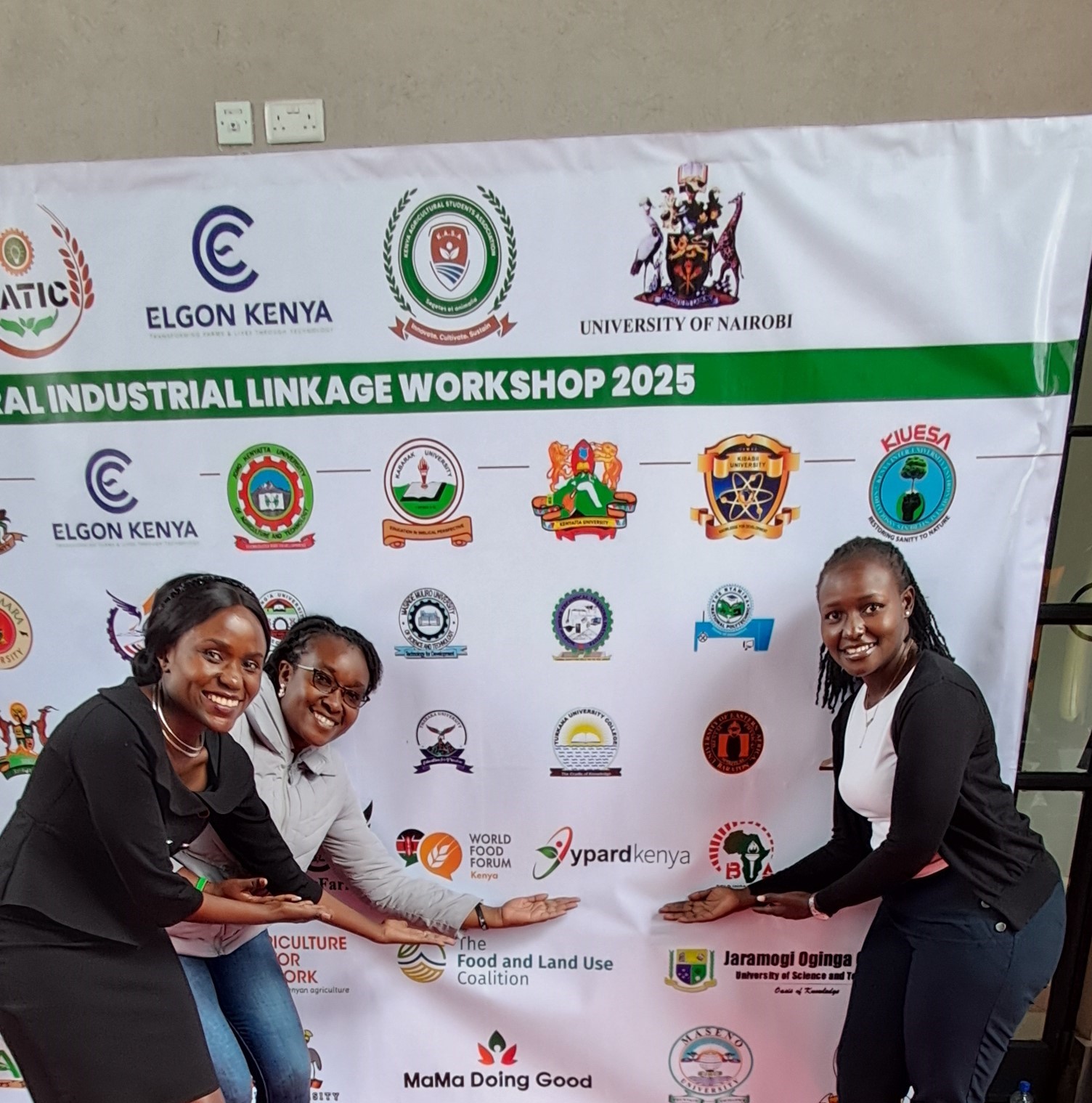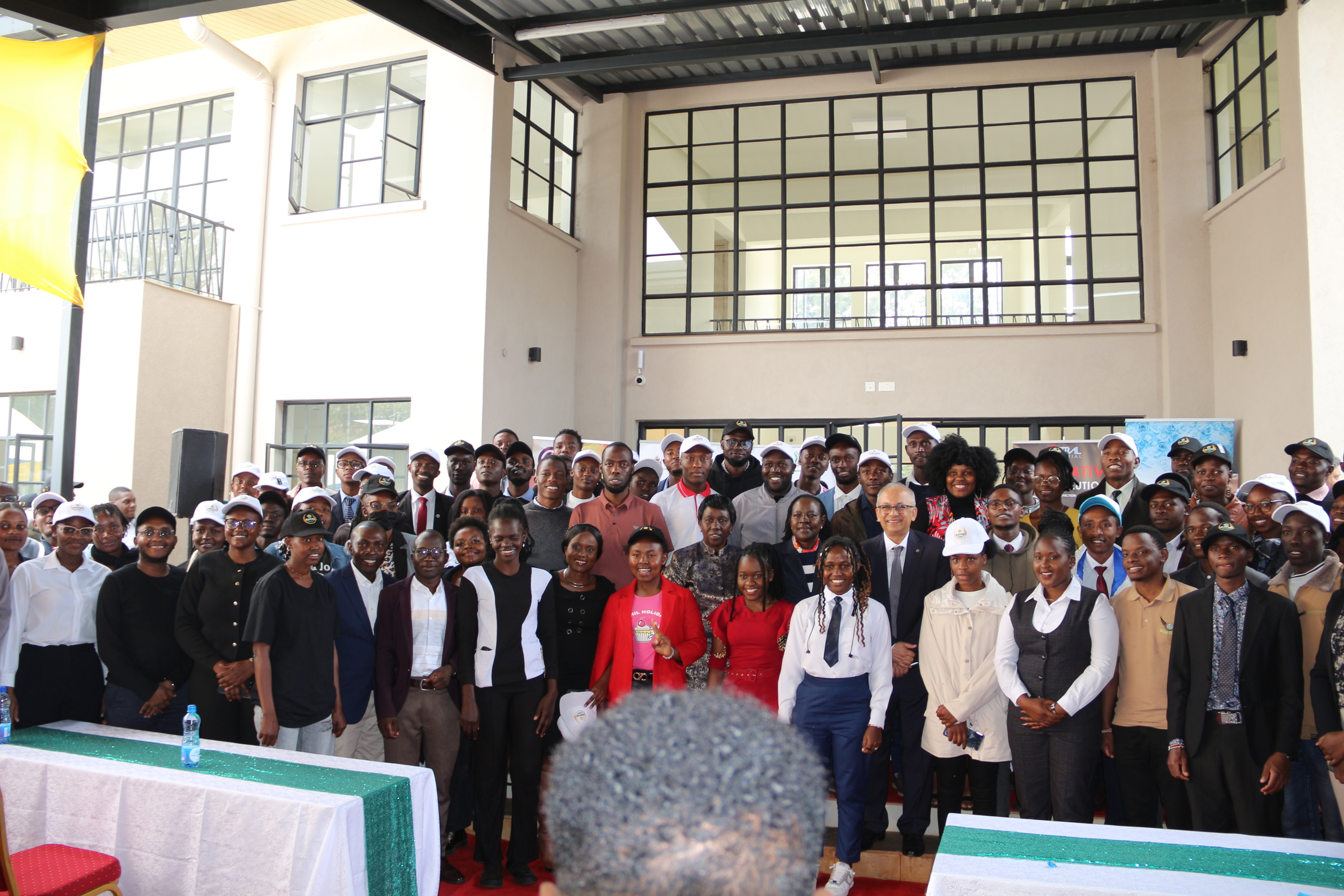Date: 18th July 2025 | Venue: Kantaria Agricultural Technology and Innovation Centre (KATIC) | Host: Kenya Agricultural Students Association (KASA)
In commemoration of World Youth Skills Day, the Agricultural Industrial Linkage Workshop 2025 brought together a dynamic mix of stakeholders—including university and TVET students, private sector players, youth networks, and government institutions—at the Kantaria Agricultural Technology and Innovation Centre (KATIC). Organized by the Kenya Agricultural Students Association (KASA), the workshop focused on the theme “Strengthening Skills and Opportunities for Youth in Agriculture.”
The event served as a vital platform to examine the disconnect between academic agricultural training and the evolving needs of the agrifood industry. Discussions centered on bridging this gap through collaborative efforts and innovative models that prepare students for a competitive, fast-changing sector.

YPARD Kenya actively contributed to the panel discussions through its Country Representative, Jenice Audi. She emphasized several key areas:
YPARD Kenya also showcased successful initiatives, including blended mentorship models, student-led engagements, and global collaborations, which have supported over 2,500 young professionals across the country. Other attending members included Irene Kagera, Emily Dacha, and Haggai Muruka.
Student Perspectives
Students from universities and TVET institutions voiced concerns about:
Academia Perspectives
Academic representatives acknowledged several structural barriers:
Industry Perspectives
Industry stakeholders, including Elgon Kenya, KUZA Biashara, and ASNET, shared their observations:
Mr. Bimal from Elgon Kenya urged academic institutions to champion curriculum reform, while Mr. Shree from KUZA Biashara highlighted the role of micro and small enterprises as major employment drivers for youth.

Participants were introduced to several promising pathways for youth advancement:
To foster a skilled and empowered youth workforce in agriculture, the workshop proposed the following:
The Agricultural Industrial Linkage Workshop 2025 ignited critical dialogue and collaboration across sectors. A shared message emerged: youth are the future of agriculture, but unlocking their potential requires intentional partnerships, practical training, and empowered leadership.
YPARD Kenya reaffirmed its commitment to championing youth engagement in agriculture through mentorship, knowledge exchange, and policy advocacy. The future of the agrifood sector depends on the meaningful inclusion of young professionals equipped with the right skills and opportunities.